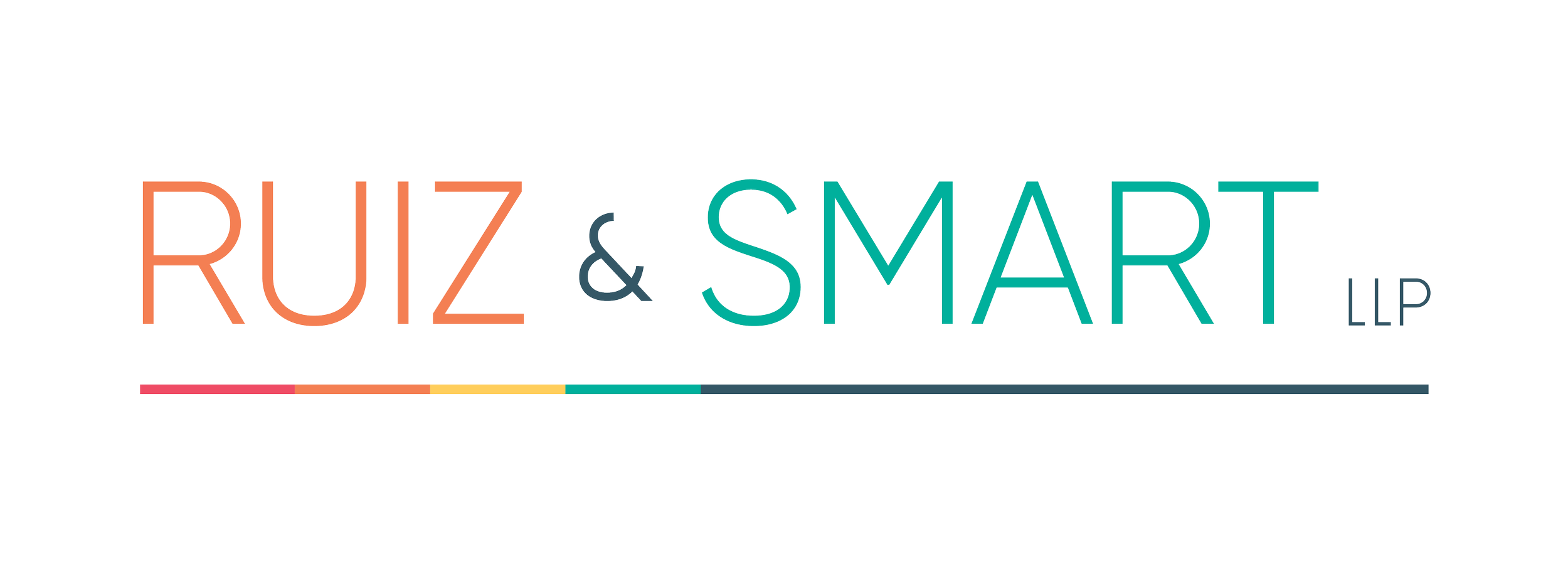What it is
“Insurance bad faith” is a legal term that describes when an insurance company underpays, delays, fails to communicate, or otherwise disadvantages an insured. Insurance bad faith is illegal, and the law creates several ways for policyholders to hold insurance companies accountable in court.
Examples
Insurance bad faith can take many forms, but many of our cases fall into the following categories:
A homeowners insurance company that lowballs insurance claims after a fire, water loss, or other damaging event.
An auto insurance company that fails to investigate and pay damages caused by an uninsured or underinsured driver.
A liability insurer that refuses to defend or settle a claim when a policyholder is sued.
A health insurer that refuses to pay for a medically necessary treatment that is being recommended by a treating physician.
There are many other examples, however.
What you can do about it
In addition to seeking legal advice (you can contact us by clicking here), policyholders who feel their insurance company has been acting in bad faith should consider:
Continuing to communicate and document interactions with the insurance company.
Make a complaint to the Office of the Insurance Commissioner.
Reach out to whoever you purchased your insurance from for help.
The law gives policyholders important legal rights, including the right to bring a lawsuit to recover damages for:
The insurance company’s failure to act in good faith;
The insurance company’s violation of the Consumer Protection Act (CPA);
The insurance company’s negligent claims handling; and
The insurance company’s violation of the Insurance Fair Conduct Act (IFCA).
Damages that can be recovered by policyholders, depending on the facts of the case, include:
The benefits owed by the insurance company;
“General damages,” meaning damages for emotional anguish caused by the insurance company’s bad faith;
Punitive damages; and
Attorney fees and costs.
